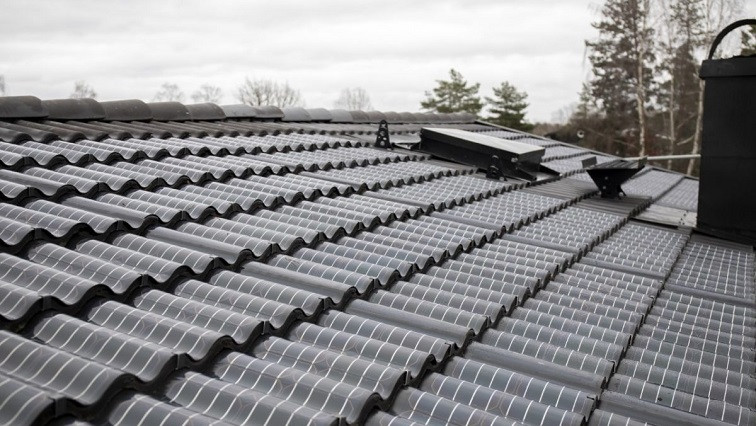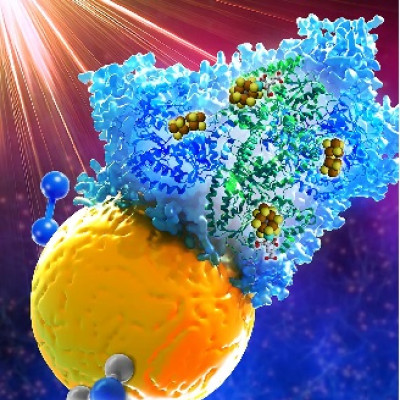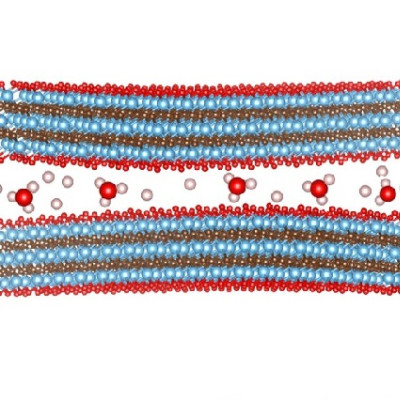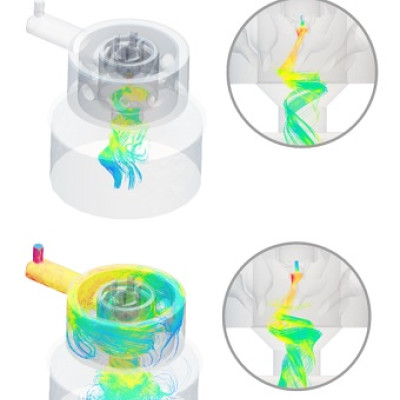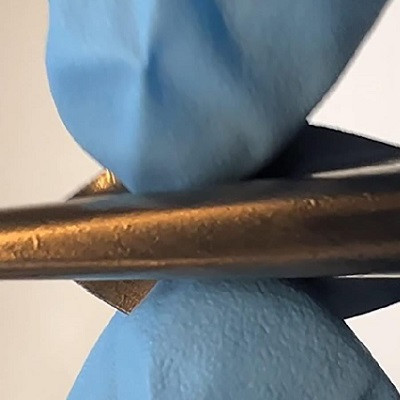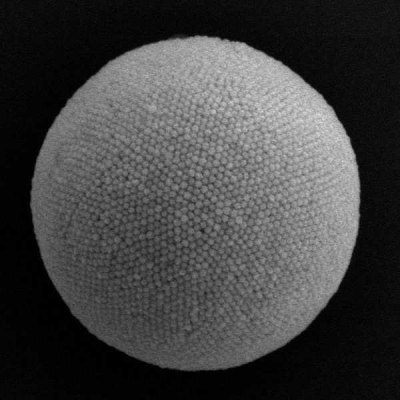Solartek, a subsidiary of the Russian nanotechnology company Rusnano, has installed thin film solar roofs on three residential buildings in St. Petersburg, Dmitry Krakhin, director of Solartek, announced during the Russian Energy Week in Moscow. Solartek is producing CIGS solar films, on equipment supplied by Sweden’s Midsummer, on a pilot line.
Russia is continuing to support pilot production of BIPV products. Solartek has begun producing small volumes of Copper Indium Gallium Di-Selenide (CIGS) thin films, with some integrated into trial rooftop projects in St. Petersburg. The light and flexible thin film products can assist with the decarbonization of Russian cities, Solartek’s Dmitry Krakhin said during a recent presentation.
The made-in-Russia thin-film products require 10 times less weight to generate 1 kW – only 3 kg per 1 sq. m. According to Solartek, the thickness of the module is limited to 2 mm, which means that the panel looks like a roof layer and not a bulky, glass module.
The serial production of thin-film solar panels will begin at the SteelSun plant currently under construction in the city of Saransk, 650-km north-east of Moscow. The first stage is slated to become operational at the end of 2021.
“The first Russian plant for the production of flexible solar panels under the SteelSun brand will be located in Saransk on the basis of the Center for Nanotechnologies and Nanomaterials of the Republic of Mordovia. At the first stage, the plant is designed to produce photovoltaic elements with a total capacity of 5 MW [per year],” Rosnano's press office commented, adding that the production capacity would be expanded to 10 MW in the coming years.
Rusnano is a Russian state-owned body that facilitates the development of nanotechnology projects.
The production line for the integrated solar panels was delivered by Midsummer under the agreement on non-silicone flexible photoelectric device market development in Russia and the Eurasian Economic Union, concluded between Rusnano and Swedish Midsummer in September 2019.
To conduct field trials, Solartek has manufactured nearly 1,000 solar cells, some of which have been used in the St. Petersburg project. The company has said that its R&D division would conduct a throughout upgrade of the Swedish PV technology, “to improve its effectiveness and cut production costs.”
The average efficiency of the modules produced at the SteelSun facility is approximately 15%. They will offer operational benefits, when compared to conventional crystalline silicon modules, in diffuse light and partial shading.
Solartek earlier reported that the SteelSun plant is designed to meet the demand from the commercial sector for integrated solar roofs in Russia, while in the future when the mechanism of green tariffs is fully operational in the country, solar roofs will also interest the owners of cottages.
The main sales markets are expected to be the countries of the Eurasia Economic Union: Russia, Armenia, Belarus, Kazakhstan, and Kyrgyzstan. However, Rusnano said that customers from some non-CIS countries also expressed interest in the SteelSun solar panels, not providing any additional details.
Read the original article on pv magazine.

